Ethiopian coffees taste like flowers and we all love them for it. A cup of Yirgacheffe or Guji usually is either dominated by a floral note or has bold florals as part of a complex and elegant flavour combination. This striking characteristic is what makes Ethiopian coffees so unique, something other origins can’t recreate even when seeds from the African country manage to find their way to new terroirs.
When our lab team receives coffees from partners at origin they never know exactly what they will find. This year, when samples from Ethiopia arrived, there was a general feeling of surprise. A happy one, that is, because they encountered the widest variety of florals ever. “As much as we are used to getting some jasmine here and there, we found a lot of different flowers with intensity and complexity. We usually refer to these coffees as fruit bombs but this year I would rather call them fragrant gardens. It has been a refreshing experience, “ says our Q-Grader Veronika Kečkéšová.
The variety of florals has been such that we decided to present these coffees accordingly, highlighting the different flowers you can find in each cup. Sampling these side by side would be a great cupping exercise! We list them here to help you pick your favourite flowers from Ethiopia’s garden-style farms. The name never felt so appropriate…
Violet: Halo Beriti Carbonic Maceration Micro-lot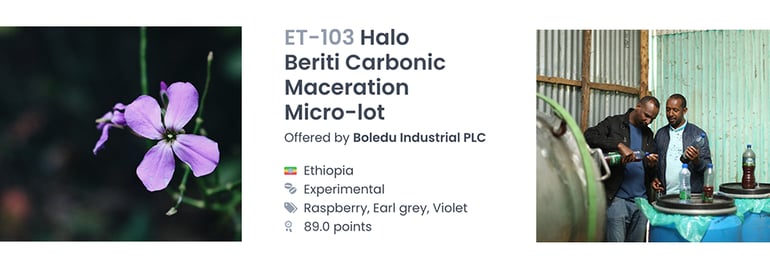
A truly beautiful coffee, this micro-lot was produced by Boledu Coffee at Halo Beriti washing station. It is one of 3 special preparations they produce and curiously all of them have notes of violet. Due to the fermentation process you can also expect a lot of fruits, like raspberry, citrus and tropical fruits with a lot of sweetness and a sparkling acidity. The floral tones are livelier in the aftertaste, which leaves you wiht a lingering taste of chocolate and violet. See also Halo Beriti Winey Fermentation Micro-lot for a funkier banana-like lot.
Lavender: Yirgacheffe Grade 2 Fully Washed
This grade 2 was produced in the Yirgacheffe district in a kebele (ward) called Aricha, which is also the name of the washing station where cherries were delivered for this lot. Lavender is dominating in the cup including the aftertaste. After drinking this coffee you are left with a lingering and almost perfumy taste of the flower combined with orange peel.
Jasmine: Nano Challa Cooperative Limu Grade 1 FW
Nano Challa is a big name in the Jimma zone. The cooperative is famous for its intensely floral and fruity coffees. This grade 1 lot packs a lot of jasmine and showcases one of the most saught-after profiles for Ethiopian washed coffees: jasmine, sweet citrus (like lemon or bergamot) and Earl Grey tea. It is perfect for filter brews with its tea-like body and also complex, combining the floral tone with fruity notes of peach, apricot and raspberry. A stand-out coffee.
Coffee Blossom: Aricha Natural Grade 1
It was hard to decide which floral note to highlight for this natural lot from Aricha washing station. It has jasmine and hibiscus as well as coffee blossom but the latter is the dominant note. Our Q-Grader describes it as multilayered in acidity (which is sparkling and reminds us of blood oranges) but the same can be said about the floral character. Every sip brings in a new flavour, which is something you can only say about the most complex coffees. Fruity and candy-like, this coffee is a crowd pleaser.
Rose: Birbirsa Cooperative Jimma Grade 1 Natural
Finding notes of rose can feel like hitting the jackpot. It’s not that common. It is a sweet and lingering type of floral note that can make a coffee surprising and remarkably pleasant. This lot from Birbirsa cooperative, based in the Goma District in Jimma, is a super complex coffee with notes of raspberry, pineapple and rum. It would be a funky fruit bomb but the rose adds elegance and balance to the profile, making it complex and interesting.
***
Looking for something else? Browse Ethiopian coffees and get your free samples directly from the growers!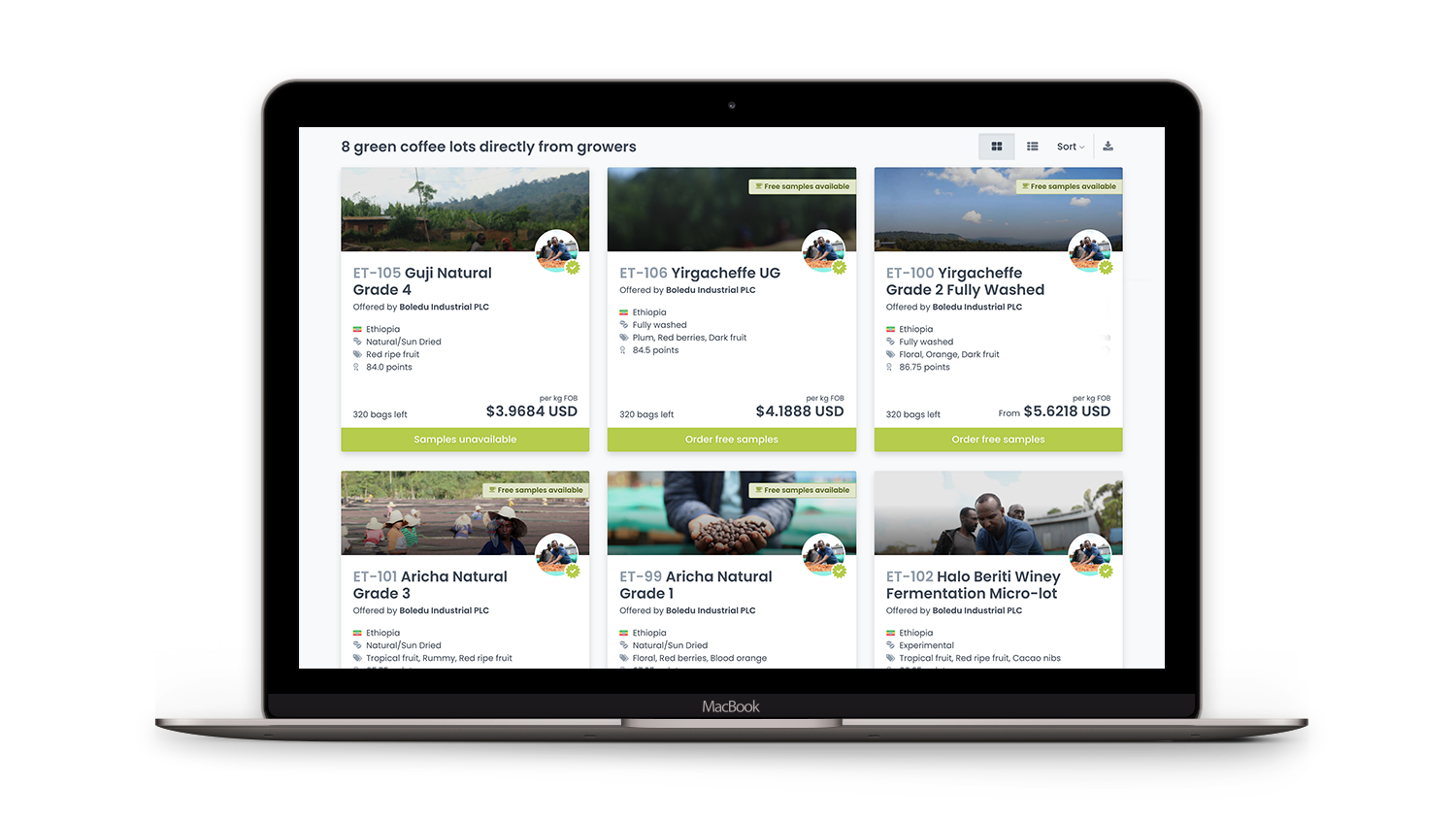


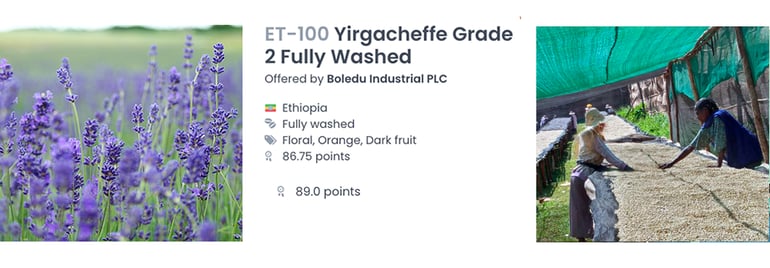
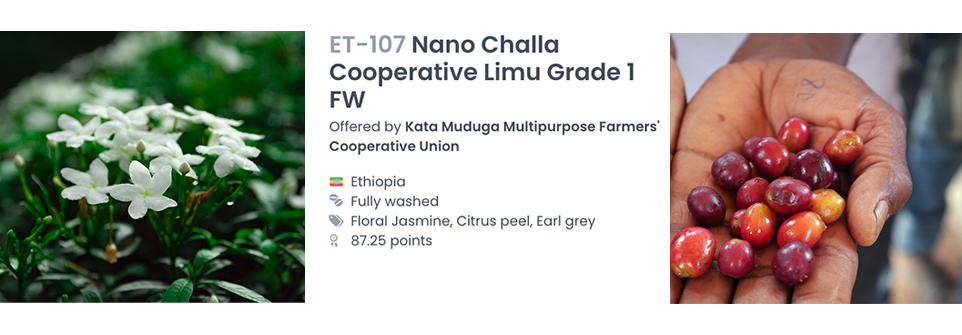
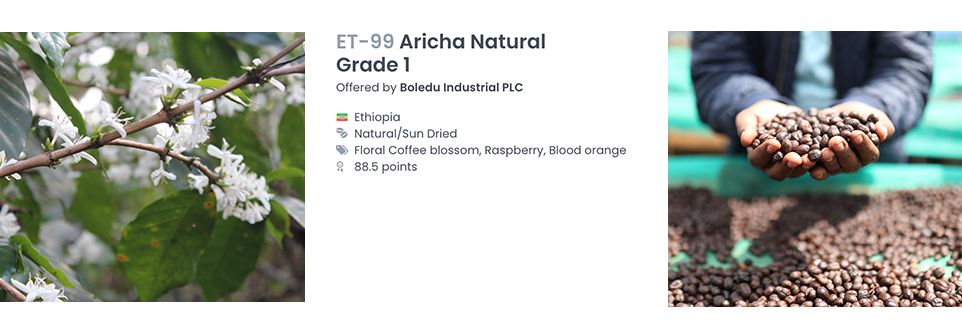
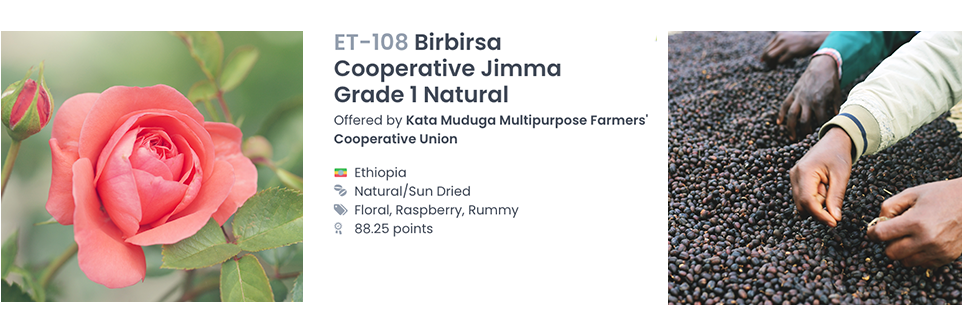

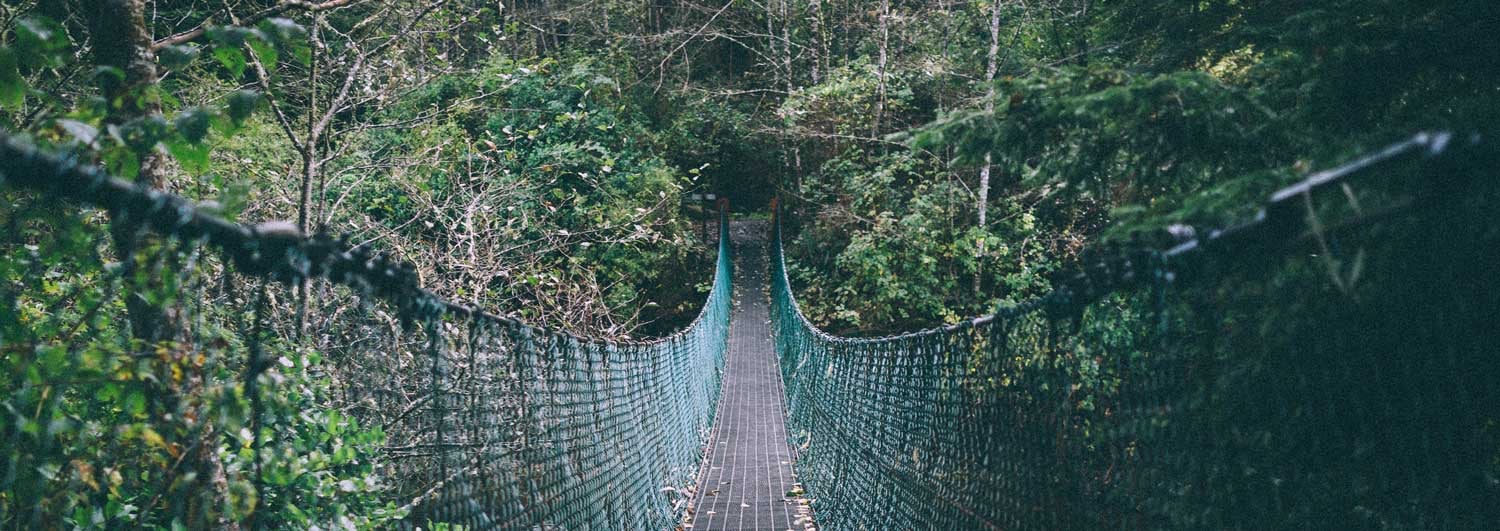
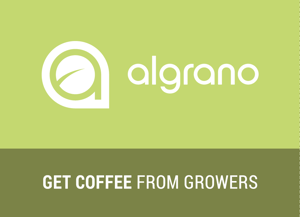
Let Us Know What You Thought about this Post.
Put your Comment Below.